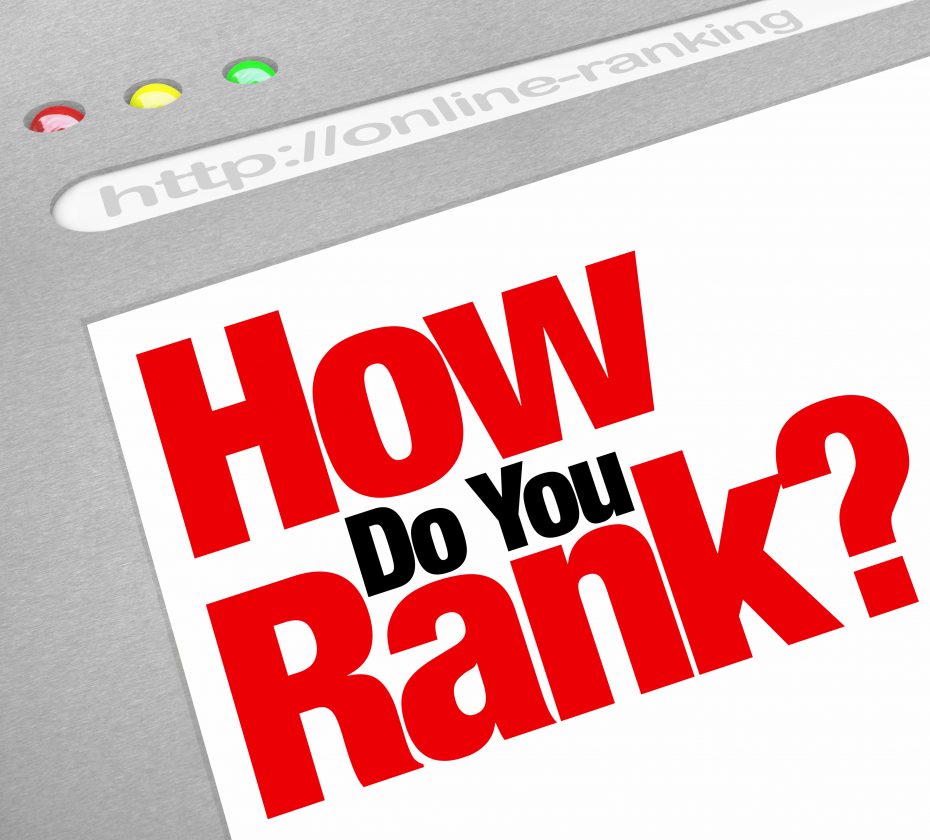If you were to Google your property now, on which page would your property show? Now, do the same thing with a few of your competitors. Notice anything?
The position of your website on Google’s search engine results page (SERP) can be a major marketing asset. We all want prospects to find us, and preferably, before the competition. According to a recent Weidert Group study, after the first SERP, the chances of the user clicking through to your site diminish substantially. In fact, page 1 in Google receives 91.5% of all traffic compared to 4.8% on page 2, and 1.1% on page 3. In short, being at the forefront matters. So how can you increase your chances of scoring a spot on page 1?
1. Keywords are key.
Keywords are words and phrases that web users type in Google when searching for content. They drive targeted, organic traffic to your website. Be strategic with your keywords. Include them in the beginning of your webpage’s title tag, H1 tag and throughout your site’s content.
Increase your content.
When choosing which sites to rank first, Google looks for good, quality content. Some of the top ranked pages hold an average at least 1,500 words or more. Also, remember, not all content is created equal. So it is always best to solicit the assistance of a professional copywriter if you are struggling to fill the pages.
2. Keep it fresh.
Google reviews your page content for freshness and will use this content to determine relevancy. Google’s goal is to serve the most relevant information to its users. Updating your website frequently will not only help with user engagement, but will show Google that you are an active business who wants to be seen!
3. Include a sitemap.
A sitemap is a comprehensive list of the pages of a web site that tells Google and other search engines how your site is organized. Submitting a sitemap to Google helps increase the chances of the search engine finding all of your site’s pages. Not sure if you have a sitemap? Consult your web designer to be on the safe side.
4. Speed it up!
Slow site loading times aren’t just a pain for your users, but for Google as well. Believe it or not, loading times do impact one’s SERP rankings. Google wants to create the best user experience, and slow loading times do quite the opposite. Users typically expect sites to load within three seconds or less. There are various online sites that allow you to test loading times, including Google Webmaster tools. Steps you can take now to improve your loading times are limiting your video embeds, optimizing your images and enabling caches, for starters.
Rentbot can help.
If you want your property to get a piece of the pie, you’ll need to first invest in SEO (search engine optimization). Rentbot takes care of that for you. By optimizing your property’s site so that it is highly searchable and ranks well in organic search engine results, you’ll beat your competitors to the punch. Paired with a mobile and responsive design, HD photos and speedy loading times, Rentbot will not only help you build a stronger online marketing presence, but get you better leads in the process.
About the Author
Jonsette Calloway joined the Rentbot team in 2015. With a background in public relations, advertising and copywriting, she has helped a multitude of clients achieve their marketing and communications goals within various fields, but she particularly enjoys working with the apartment industry.

